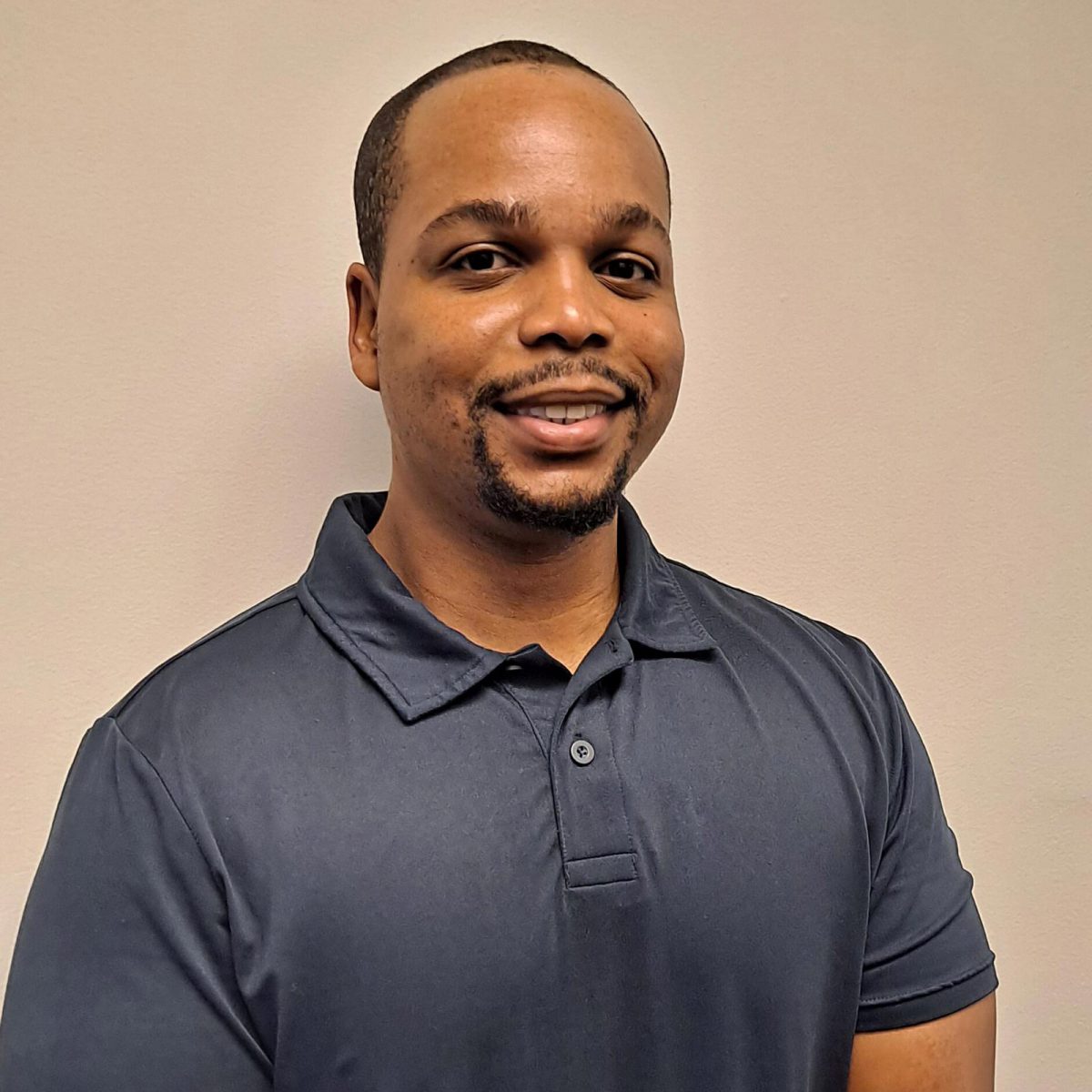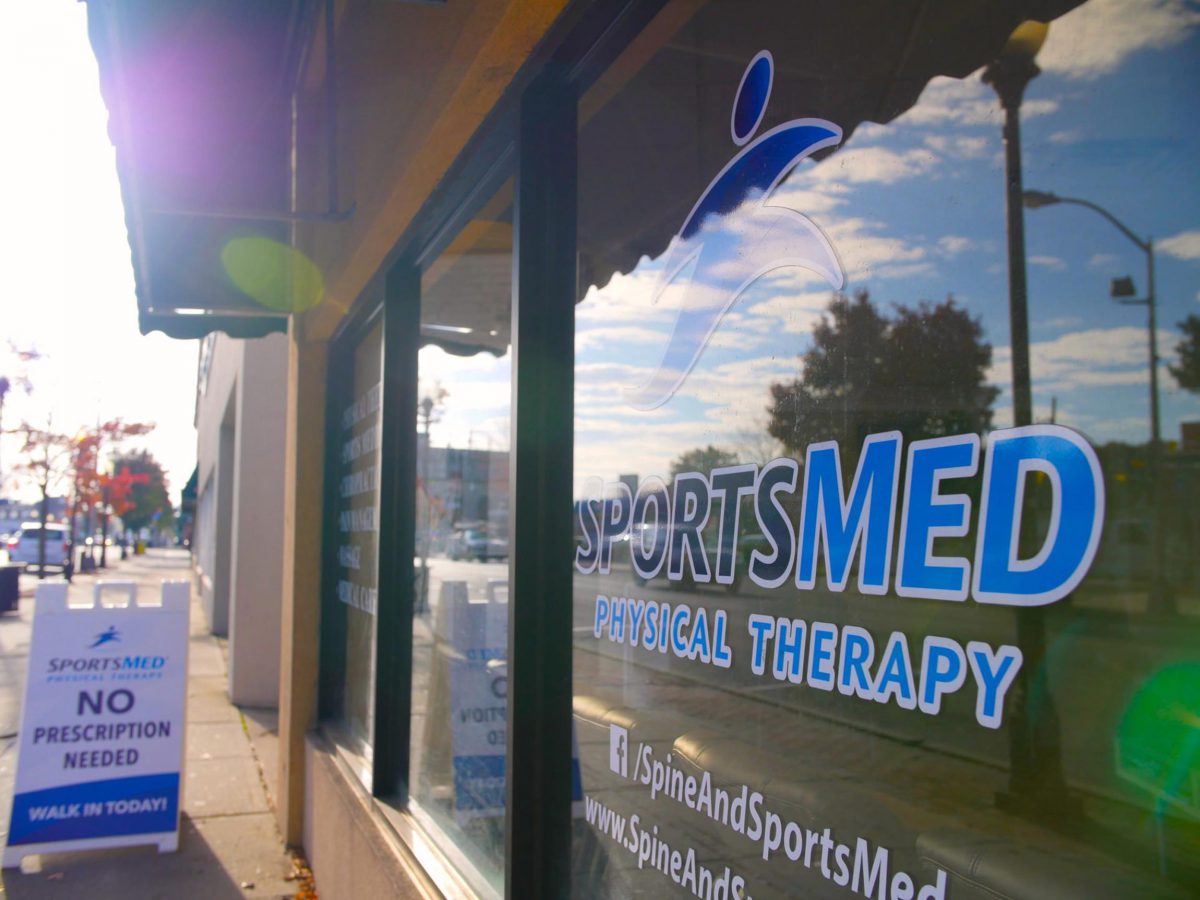Benefits of Occupational Therapy
There are many benefits of Occupational Therapy (OT) for people of all ages:
1. Improves Daily Living Skills
Helps individuals regain independence in self-care tasks, such as dressing, bathing, cooking, and grooming.
Supports adaptations for daily routines after injury, illness, or disability.
2. Enhances Fine Motor Skills & Coordination
Improves hand strength, dexterity, and coordination, which are essential for tasks such as writing, using tools, or eating.
Especially beneficial for children and stroke survivors.
3. Promotes Cognitive & Emotional Well-Being
Assists with memory, attention, problem-solving, and emotional regulation.
Useful for those with ADHD, autism, brain injuries, or age-related cognitive decline.
4. Supports Recovery from Injury or Surgery
Helps patients relearn skills and adapt to physical limitations following orthopedic or neurological injuries.
Encourages a safe and effective return to work or home life.
5. Customizes Adaptive Tools & Techniques
Recommends assistive devices, home modifications, and ergonomic adjustments.
Increases safety and independence for individuals with limited mobility or chronic conditions.
6. Aids in Development & Learning for Pediatrics
Helps children with developmental delays, sensory processing issues, or disabilities improve functioning at home and school.
Encourages social interaction, play, and the development of learning skills.



